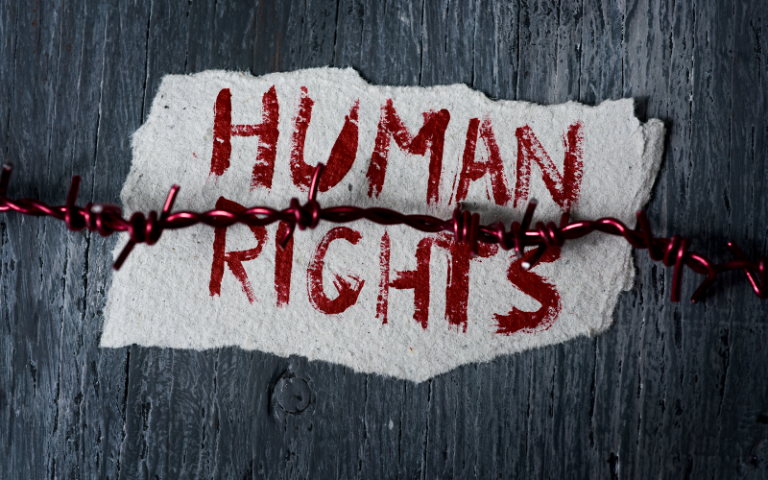In order to fight injustice, we must ensure to respect the rights of everyone. This applies in particular to the so-called fundamental rights, which must be guaranteed everywhere. Stated in the Universal Declaration of Human Rights, they are: right to food, right to water, right to health, right to education, and right to childhood - which is also enshrined in the Convention on the Rights of the Child.

“Unfairness” is a word that can have several meanings. One, in particular, is what we want to focus on: violation, deliberate or not, of the rights of others. In other words, in order to combat injustice, we must ensure to respect the rights of everyone.
In particular, there are certain rights that are crucial for people, and as such they must be guaranteed everywhere. Let us therefore find out together what the five fundamental rights for human beings are.
Where Do Human Rights Come from?
Although the idea of human rights dates back to ancient times, the modern concept only emerged after the Second World War. When the nations came together in 1945, however, the ideas were not very clear. Everyone had their own vision of what human rights were. Then, on December 10, 1948, the countries participating in the United Nations General Assembly finally agreed. Thus the Universal Declaration of Human Rights was born.
Top 5 Fundamental Rights for Human Beings
It was not a legally binding amendment, but it had and still has a symbolic and emblematic moral value. In fact, many countries around the world recognize the Charter of Human Rights as law. The document identifies 30 fundamental rights, 5 of which are the most important:
- Right to food. World hunger is so deep-root that it seems impossible to eradicate it. We are talking about almost eight hundred million people who, every day, cannot get enough food to lead a life worthy of the name (data: Wfp). The causes are different and range from poverty traps to adverse climatic conditions;
- Right to water. Even today, in the world, there are those who do not have drinking water. It seems incredible and yet it is so. According to data from the World Health Organization, these people are about 750 million. They do not have enough water not only to drink but also to prepare food and wash themselves.
- Right to health. Everyone has the right to a standard of living sufficient to ensure the health and well-being of themselves and their families. And yet, this is not always the case. Every year, diseases such as AIDS, tuberculosis and malaria still affect millions of people, especially in the poorest countries of the world.
- Right to education. Even this right, important though it is, is often denied. It is enough to consider that there are more than 850 million illiterate people in the world (according to Unesco data). Also in this case, most of them live in the poorest countries of the world.
- Right to childhood. Children’s rights are enshrined in the Convention on the Rights of the Child. Yet serious violations such as child labour, early marriages, abuse, violence and female genital mutilation occur all over the world.









